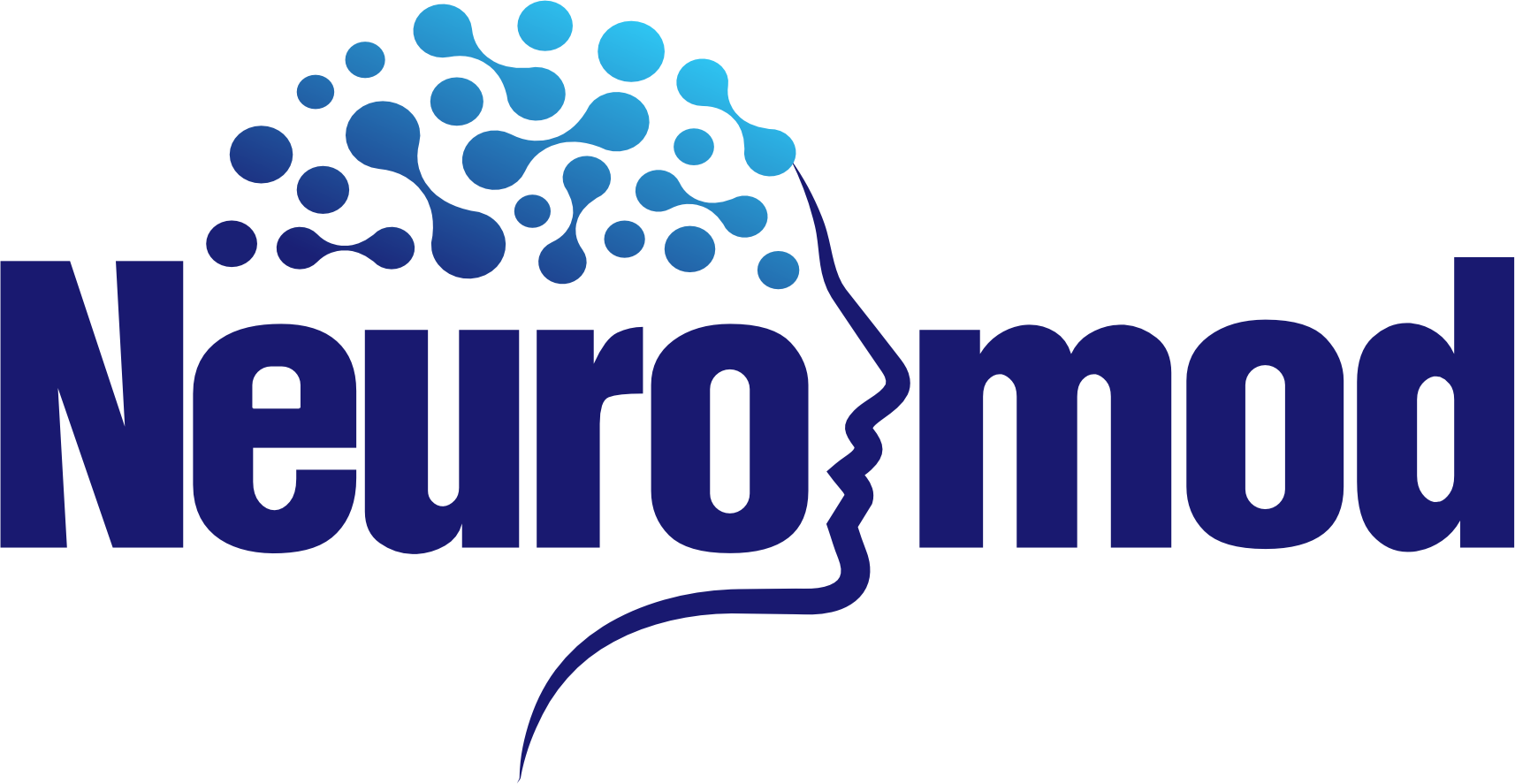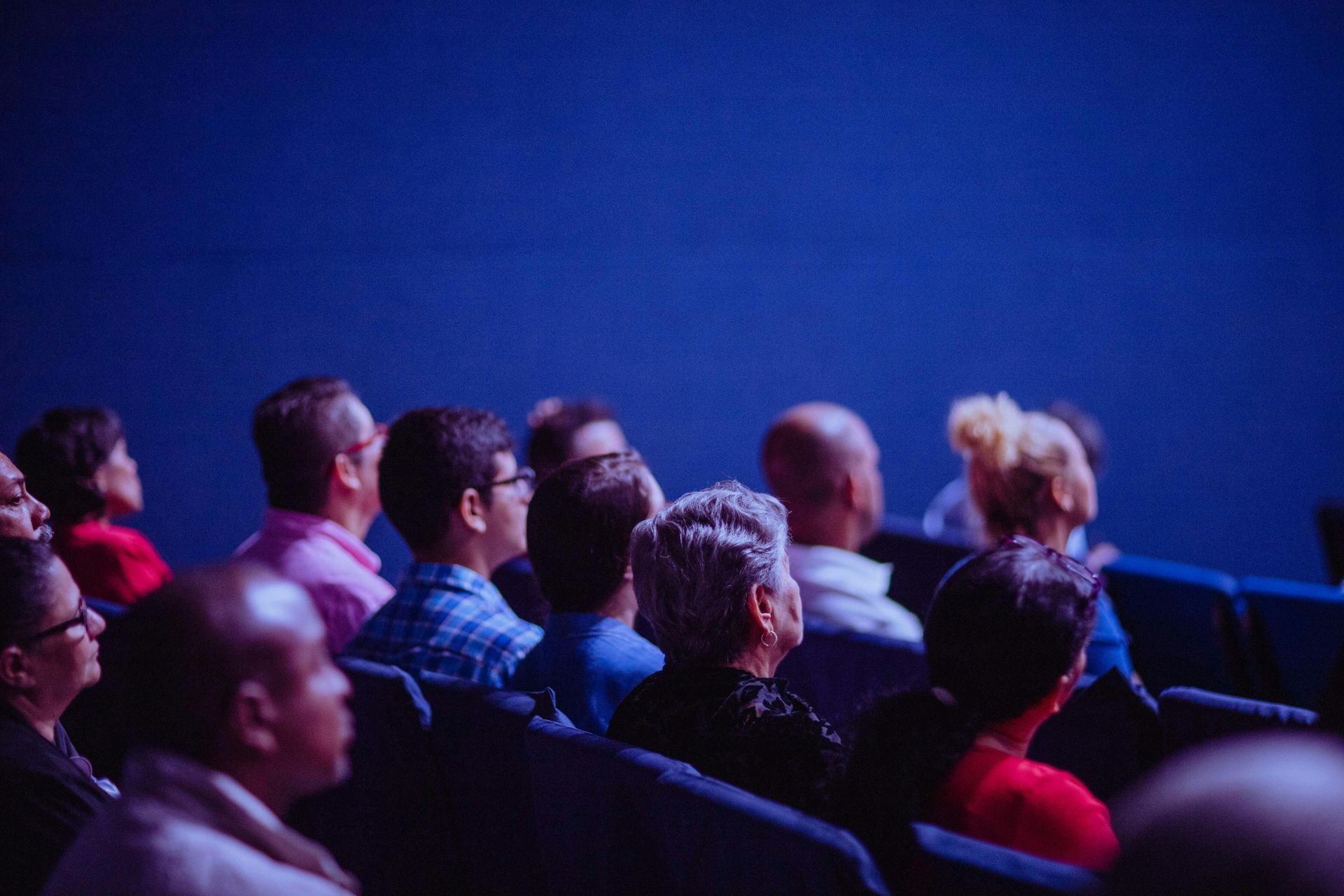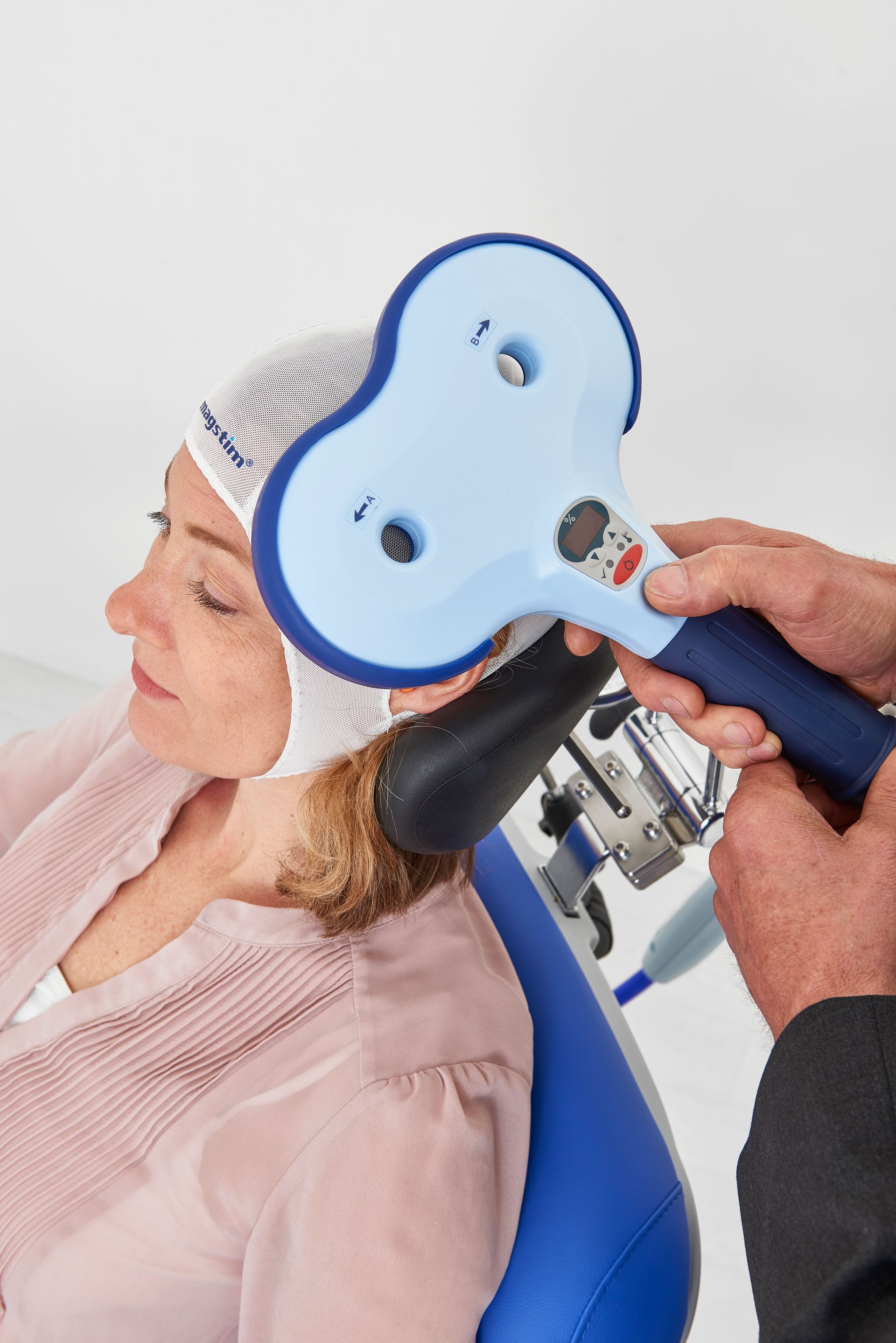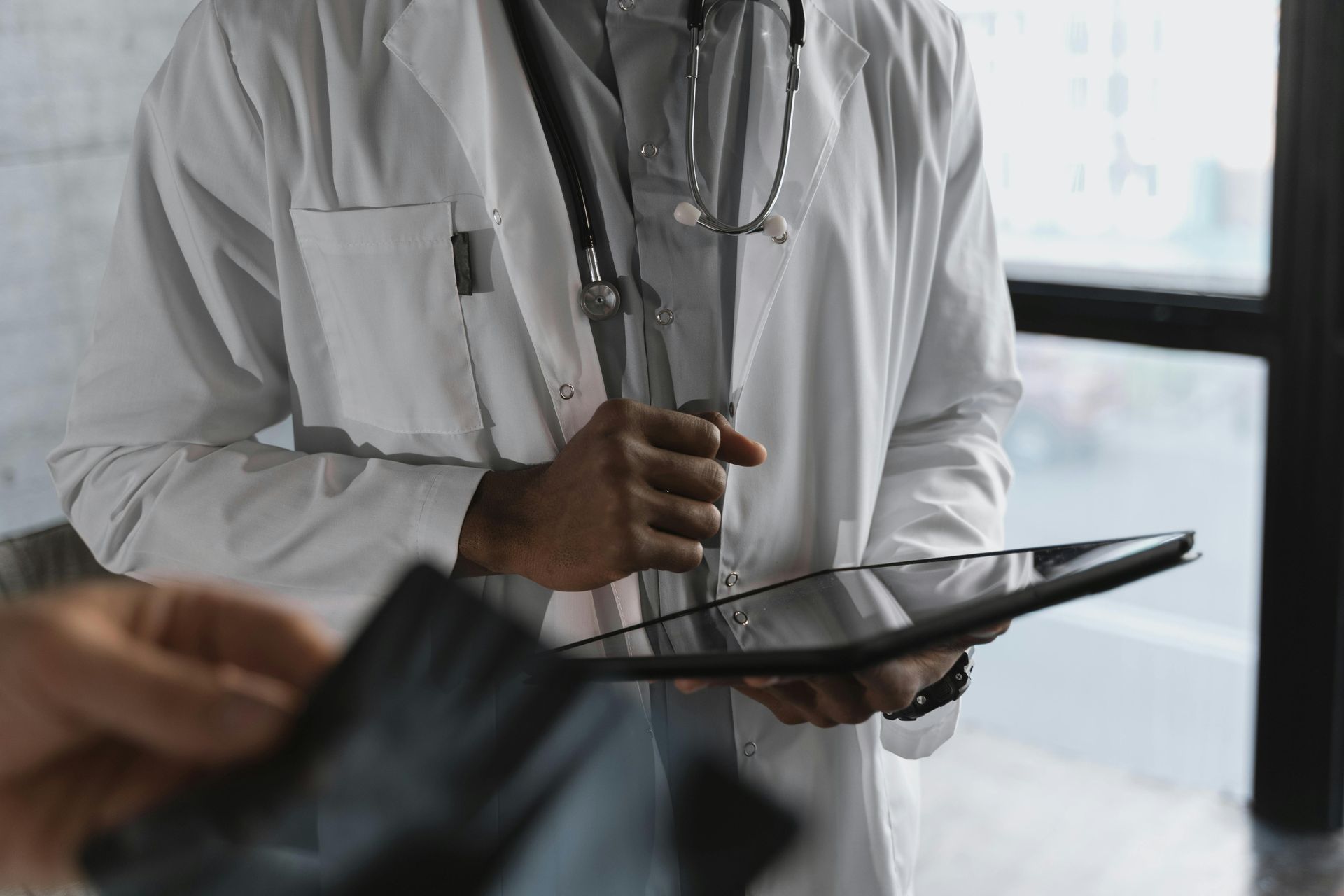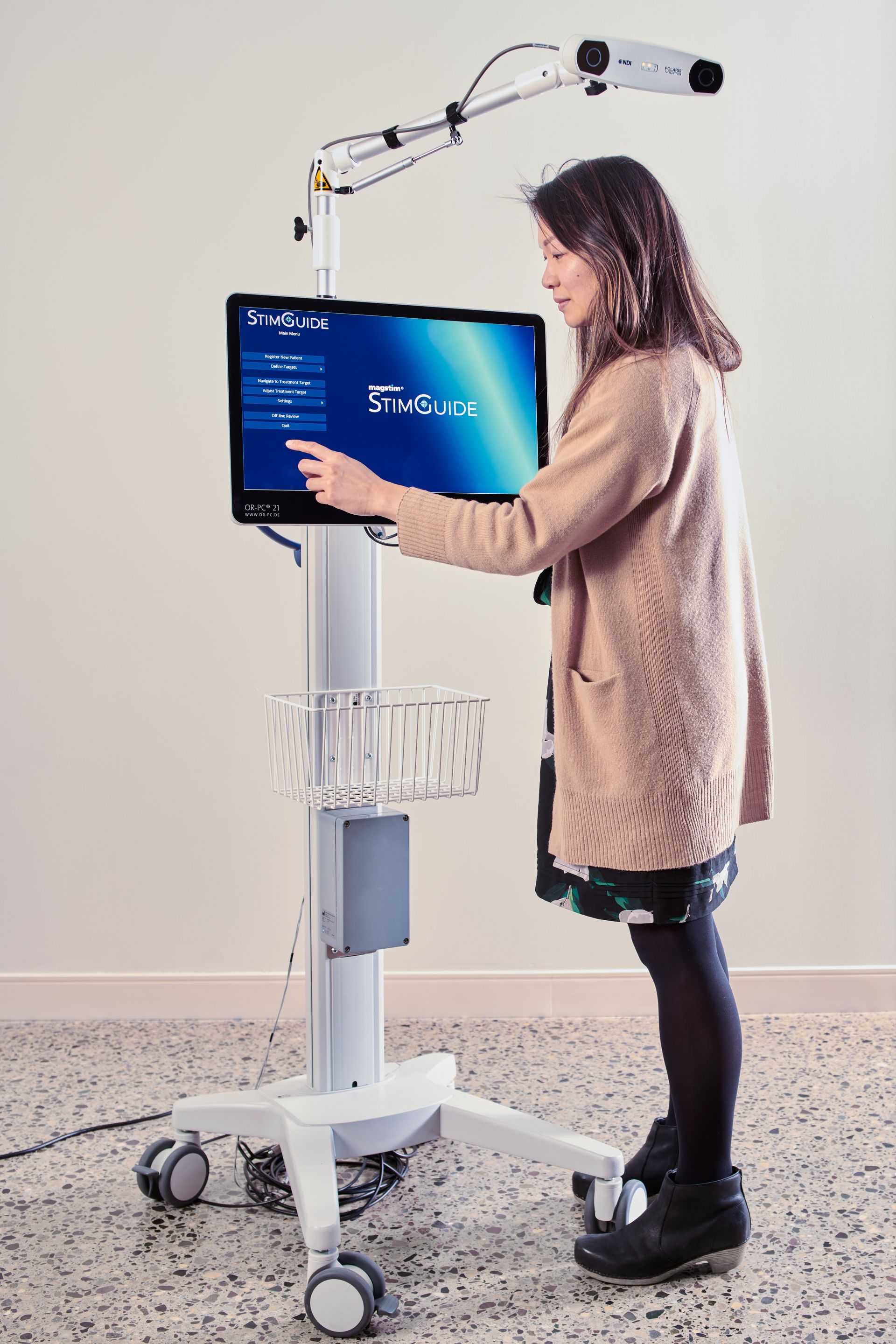Neuro-Mod's Comprehensive
Certification Training Course
Is designed to provide all the necessary theory and hands-on technical skills to use Transcranial Magnetic Stimulation (TMS) and repetitive (rTMS) in the following three ways:
This course will be accredited through McMaster University and physicians who complete the course will be able to receive Continuing Medical Education (CME) credit. Hands-on skills training will be performed in the Human Neurophysiology and Imaging lab at McMaster University. To increase accessibility of the course and engage a larger audience, the course will also be offered as a virtual option. Live video demonstrations will be performed to illustrate all techniques during the hands-on period. These live demonstrations will take place in the same laboratory space as the in-person classes.
The rTMS Certification Course 3 Day Break Down:
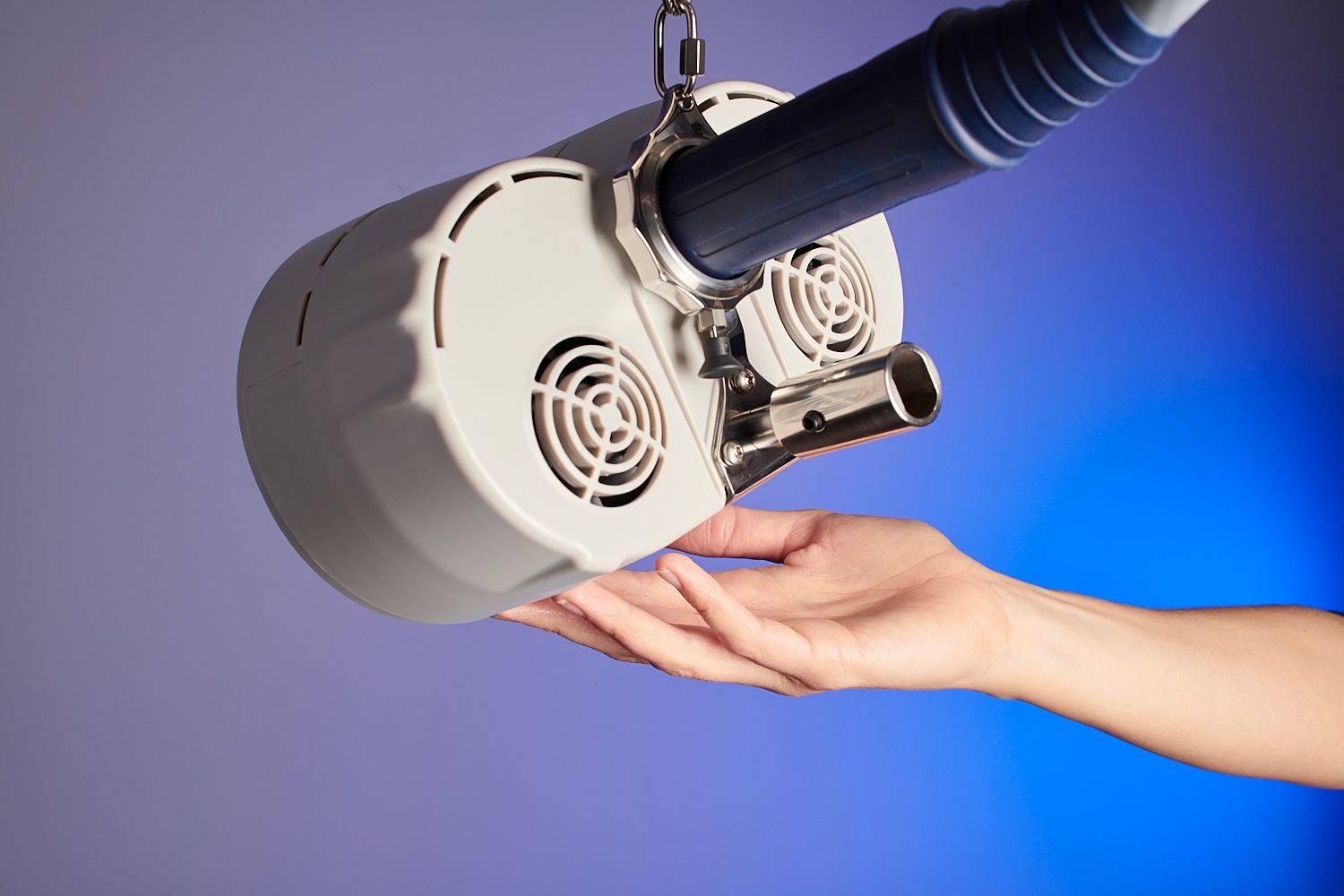
Sign Up Today!
Course registration will cost $3,000 CAD + tax per person. Discounted group rates are available for groups of 3 or more students.
